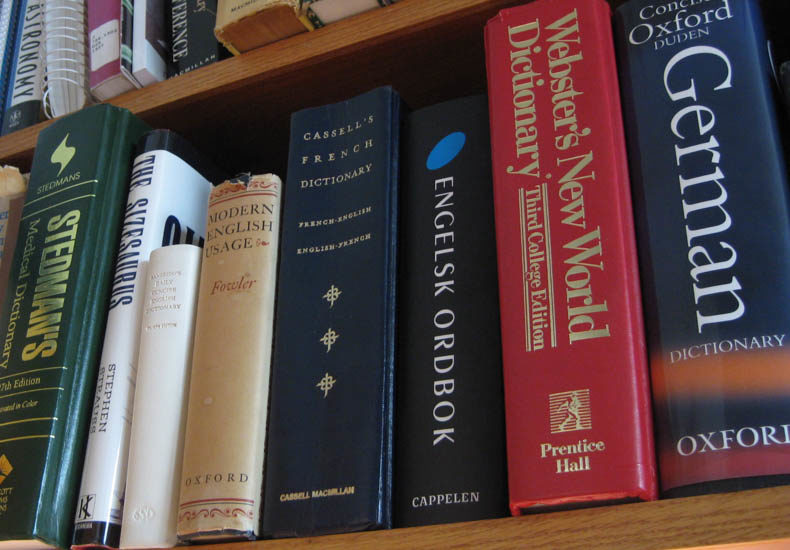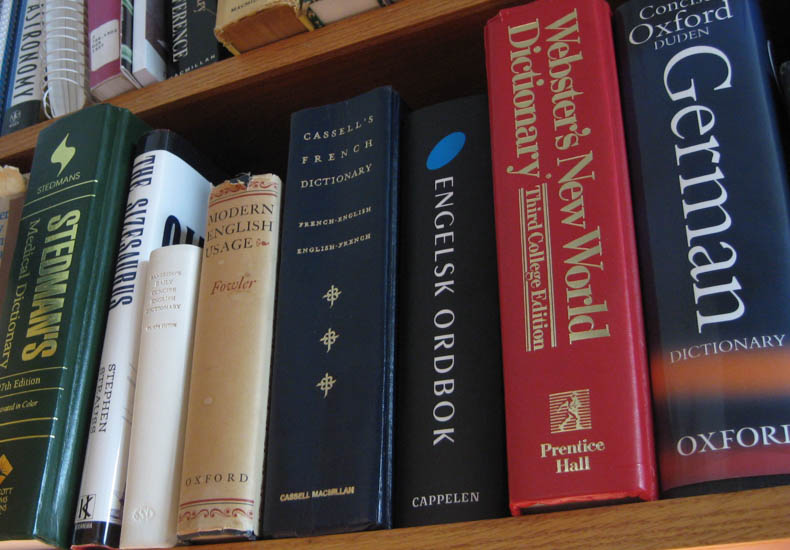 Here comes dawn. The sky yawns and the sun flicks its lids above the horizon. But just before the lights come up on Virginia’s rolling hills, the sound of morning commences. Can we call it a song? That might be a stretch. There’s a certain musicality to it. You’re no doubt familiar with its silly refrain.
Here comes dawn. The sky yawns and the sun flicks its lids above the horizon. But just before the lights come up on Virginia’s rolling hills, the sound of morning commences. Can we call it a song? That might be a stretch. There’s a certain musicality to it. You’re no doubt familiar with its silly refrain.
Loud and untidy, cock-a-doodle-doo is an enthusiastic drunkard’s karaoke. It’s also a wake-up alarm in much of the rural U.S. If you’re still asleep when this barnyard bird opens its beak, as you should be, you may start dreaming of rooster soup for breakfast. Few of us still have to get up to milk the cows, Cock, and regardless, your rise-and-shine call is awfully brash for a first act.
In parts of Australia, dawn has a very different theme song. Meet the kookaburra, specifically Dacelo novaeguineae. As a visitor, I found it hard to be irritated at the sound of hysterical laughter, even as a 5 a.m. alarm. These stocky, big-beaked birds laugh every day like clockwork around dawn and dusk—plus now and then in between—and they do so as a family. It’s kind of charming: One starts to crack up and then the rest join in, as if just getting the joke.
A not-a-morning-person Aussie may beg to differ on the charm thing. The dawn racket is probably just damn annoying. But as a tourist, I woke up extra early and sat by the window in the dark, waiting for the cackling to begin.






